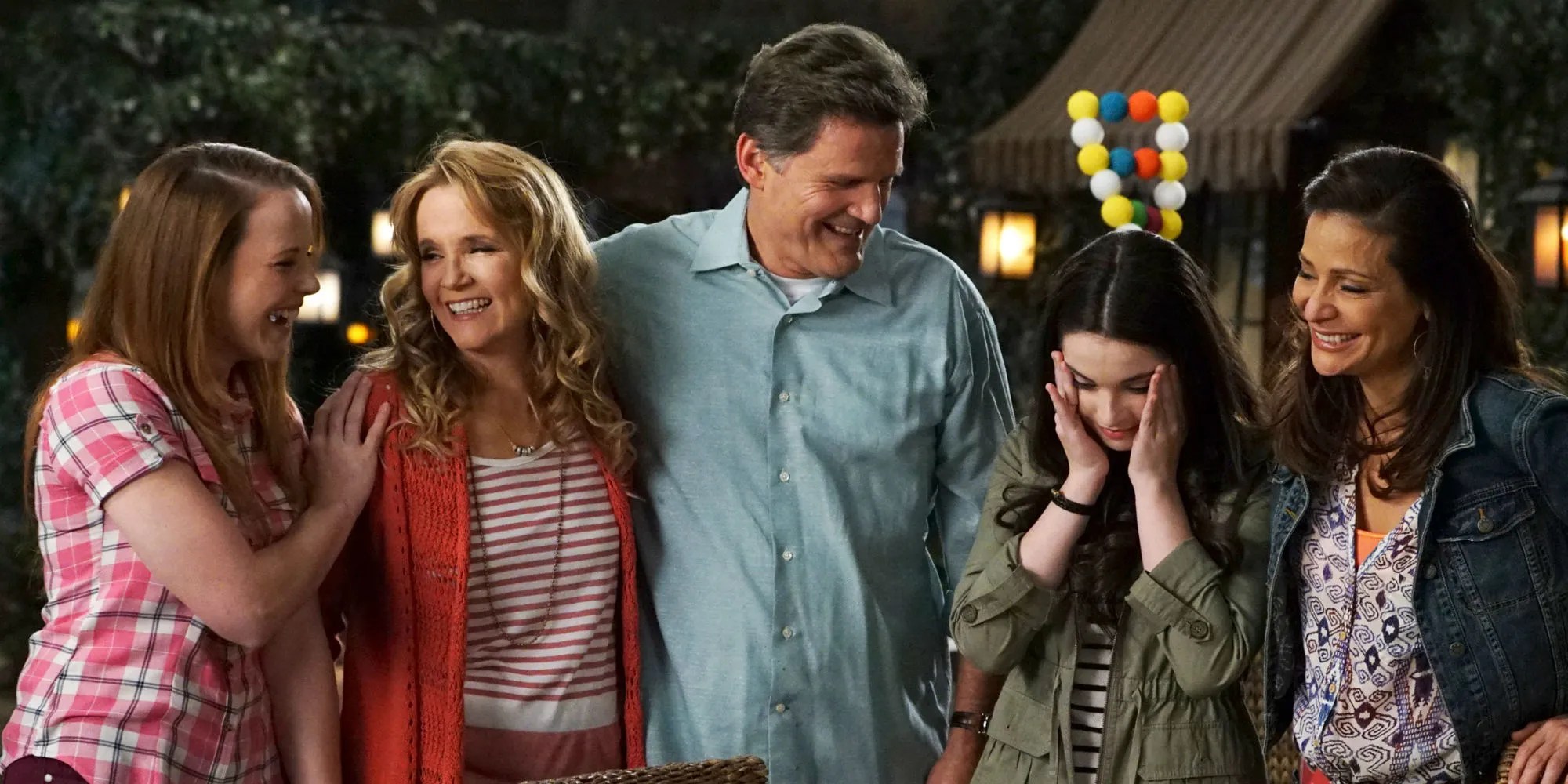Imagine discovering that your entire life has been built on a profound misunderstanding, one that alters your identity and sense of belonging. The concept of being "switched at birth" is both fascinating and perplexing, revealing the intricate layers of family dynamics, identity, and the quest for truth. This phenomenon has sparked numerous stories—both real and fictional—capturing the hearts and minds of audiences worldwide. Families torn apart and the emotional rollercoaster of discovering one's true origins are themes that resonate deeply with many.
The emotional impact of being switched at birth can be overwhelming, leading to questions about identity, family loyalty, and the essence of self. Families may face a unique journey of rediscovery, filled with both challenges and opportunities for growth. As we delve deeper into this riveting topic, we will explore the real-life cases of individuals who have faced such circumstances, the psychological implications, and how society perceives these dramatic revelations.
Through the lens of those affected, we will uncover the stories that lie beneath the surface of the switched-at-birth phenomenon. From the initial discovery to the ensuing drama, these narratives highlight the resilience of the human spirit in the face of adversity. Join us as we navigate the intricate web of emotions and explore the complexities associated with being switched at birth.
What Are the Most Famous Cases of Being Switched at Birth?
Throughout history, there have been numerous cases of children being switched at birth, leading to sensational headlines and emotional stories. Here are a few notable examples:
- In 1945, two girls in a small town in Florida were accidentally switched at birth in a hospital. The truth came to light when they were teenagers.
- The case of two women in the United States who discovered they were switched at birth in the 1960s became a legal battle that drew national attention.
- In 2011, a shocking story emerged when two sets of parents discovered that their daughters had been switched at birth shortly after birth in a hospital in South Carolina.
What Are the Psychological Effects of Being Switched at Birth?
The psychological ramifications of being switched at birth can be profound and long-lasting. Some of the most common effects include:
- Identity confusion and a sense of loss regarding one's true origins.
- Feelings of betrayal and anger towards biological parents and the hospital.
- Challenges in forming familial bonds and trusting relationships.
- Increased anxiety and depression as individuals grapple with their new reality.
How Does Society View Cases of Being Switched at Birth?
Society's perception of switched-at-birth cases can vary widely. Some may view these situations with sympathy, while others may be quick to judge. The media often sensationalizes such stories, leading to public fascination, but this also raises ethical questions about privacy and personal suffering. The portrayal of these circumstances in movies and television shows can further shape societal attitudes, sometimes trivializing the emotional weight of the situation.
Who Are Some Notable Figures Involved in Switched at Birth Cases?
Several individuals have gained notoriety due to their switched-at-birth experiences. One such figure is:
| Name | Date of Birth | Profession | Notable Fact |
|---|---|---|---|
| Annie and Melissa | April 4, 1975 | Authors and Speakers | Wrote a book detailing their experience of being switched at birth. |
What Can We Learn From These Stories of Being Switched at Birth?
The stories of those who have been switched at birth offer valuable lessons about resilience, identity, and the importance of family. They remind us of the complexity of human relationships and the need for empathy. Understanding these narratives can foster greater awareness and sensitivity towards others’ experiences, ultimately enriching our collective humanity.
How Do Families Rebuild After Discovering the Truth?
Rebuilding relationships after the discovery of being switched at birth is a delicate and often challenging process. Here are some strategies that families can employ:
- Open communication: Families must engage in honest conversations to express feelings, fears, and hopes for the future.
- Seek professional guidance: Therapy can provide a safe space for families to navigate their emotions and rebuild trust.
- Establish new bonds: Families may need to redefine their relationships and create new traditions that honor both biological and adoptive ties.
What Role Does the Media Play in Shaping Perceptions of Switched at Birth Stories?
The media plays a significant role in shaping public perceptions of switched-at-birth stories. From documentaries to dramatized accounts, the portrayal of these experiences can influence how society understands and empathizes with those affected. While media coverage can raise awareness, it also risks oversimplifying complex emotions and experiences, leading to misconceptions about the realities of living through such events.
What Are the Legal Implications of Being Switched at Birth?
Legal issues surrounding cases of being switched at birth can be complicated. Families may face challenges related to custody, inheritance rights, and emotional damages. In some cases, individuals may pursue legal action against hospitals or medical personnel for negligence. The legal landscape continues to evolve as more cases come to light, prompting discussions about accountability and the rights of individuals affected by these situations.
How Can We Prevent Cases of Being Switched at Birth in the Future?
Preventing cases of being switched at birth requires strict adherence to hospital protocols, including:
- Implementing comprehensive identification processes for newborns.
- Utilizing technology, such as wristbands with barcodes, to ensure accurate matching of infants with their parents.
- Training hospital staff to follow established procedures rigorously to avoid human error.
In conclusion, the saga of being switched at birth reveals deep emotional currents and societal implications that extend far beyond the individual stories. By examining these experiences, we can better understand the intricate tapestry of identity, belonging, and the human experience. Whether through real-life accounts or fictional narratives, the exploration of being switched at birth continues to captivate and challenge us to reflect on our own lives and the bonds that define us.




